
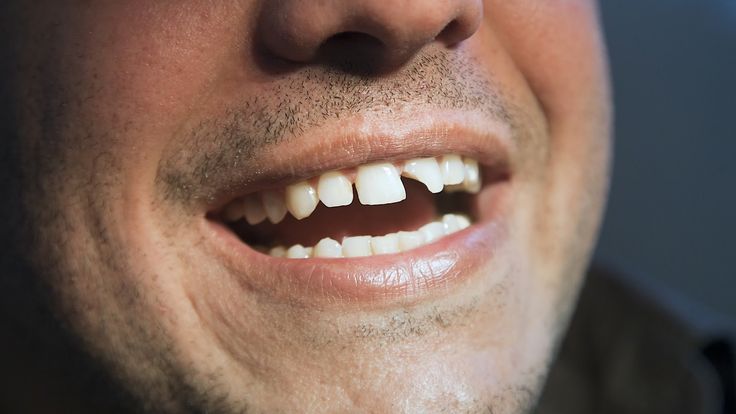
Outline
Introduction
What is a Fractured Tooth?
Types of Tooth Fractures
Immediate Symptoms of a Fractured Tooth
Hidden Dangers of Ignoring Fractured Teeth
Preventative Measures
Treatment Options for Fractured Teeth
Conclusion
FAQs
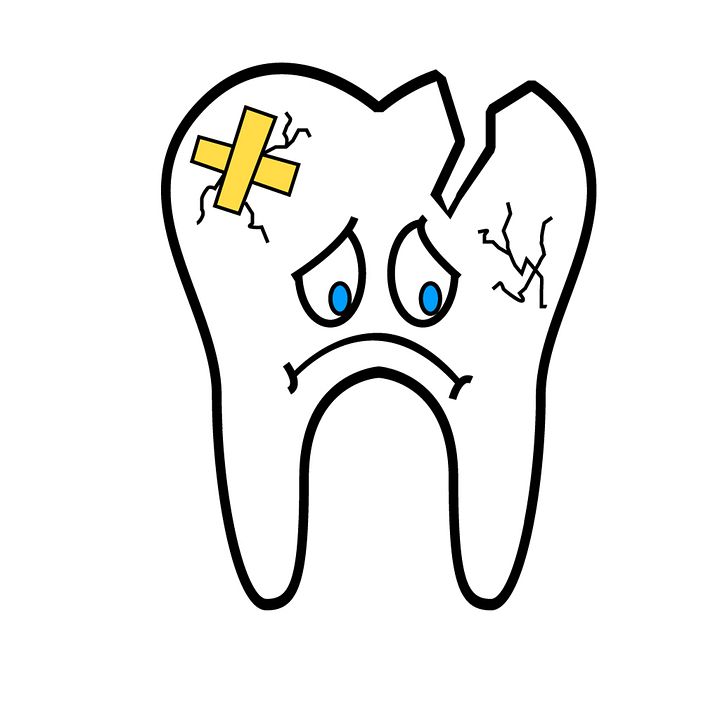
Dental health is often overlooked until we experience pain or discomfort, but this approach can lead to significant problems, especially when it comes to fractured teeth. You might think a small crack in your tooth is nothing to worry about, but ignoring it can have serious consequences. In this article, we’ll uncover the hidden dangers of ignoring fractured teeth and why it’s essential to address them promptly.
A fractured tooth is a crack or break in the hard shell of your tooth. It can result from various causes such as biting down on hard foods, trauma to the mouth, grinding your teeth at night, or even a weakened tooth structure due to cavities.
Understanding the type of fracture is crucial in determining the severity and necessary treatment.
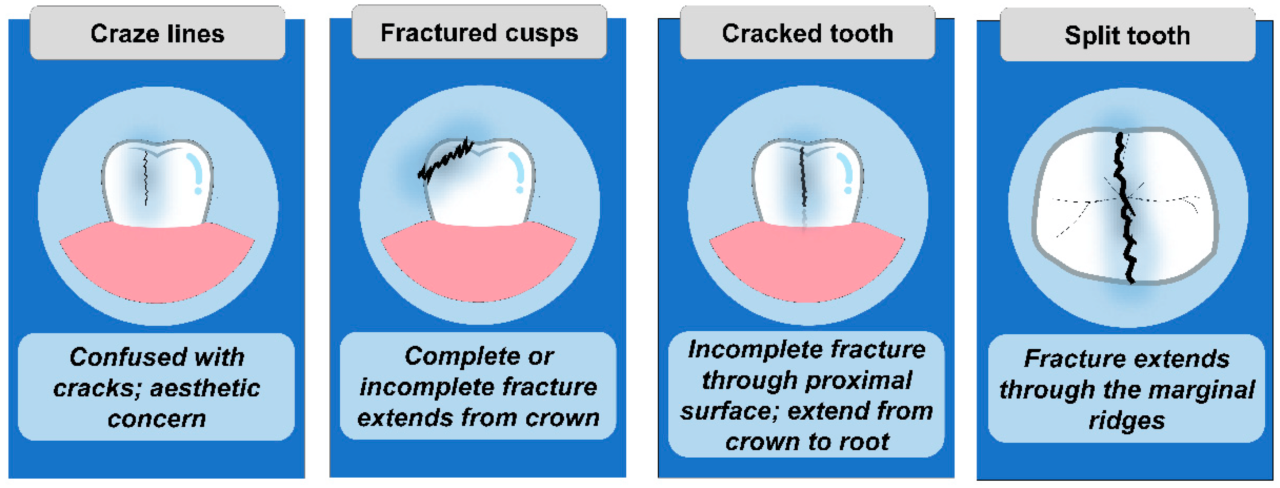
Craze Lines-These are tiny cracks that appear on the outer enamel of the tooth. They are superficial and typically don’t cause pain or require treatment.
Fractured Cusp-This occurs when a piece of the chewing surface of the tooth breaks off. It usually affects fillings and doesn’t extend to the pulp.
Cracked Tooth-A crack that extends from the chewing surface of the tooth vertically towards the root. If untreated, the crack can spread further.
Split Tooth-This is a severe form of a cracked tooth where the tooth splits into two separate parts. Treatment often involves extraction.
Vertical Root Fracture-A crack that starts in the root and extends towards the chewing surface. These fractures can be painful and often require extraction.
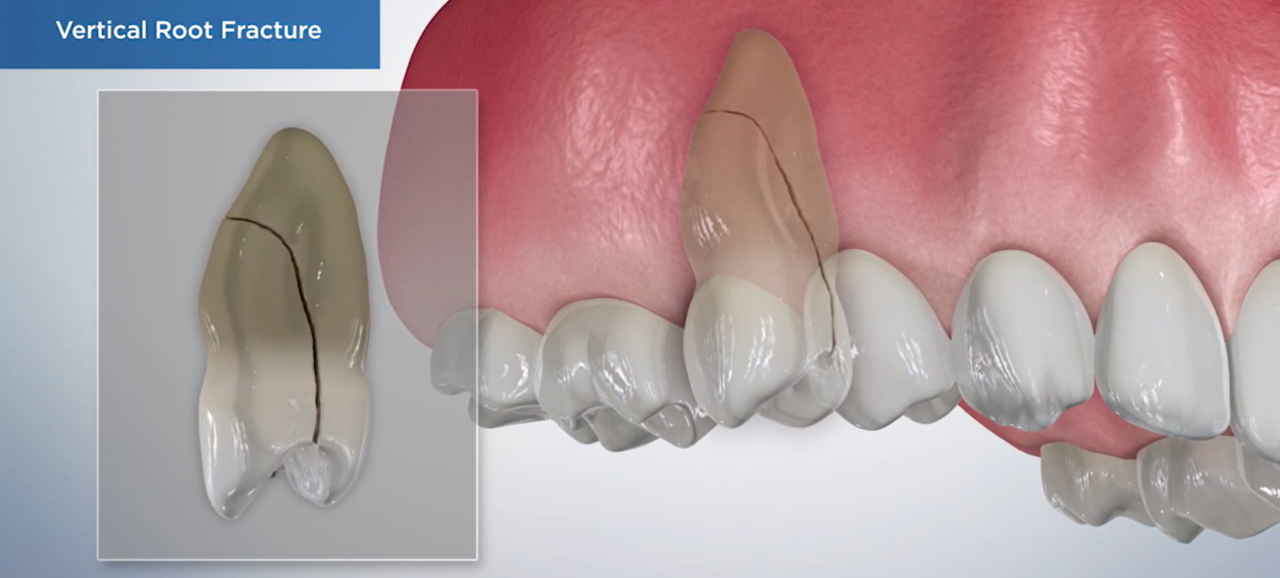
If you’ve fractured a tooth, you might experience:
Pain and Sensitivity
Sharp pain when chewing or sensitivity to hot and cold temperatures.
Swelling and Inflammation
Swelling around the affected tooth can indicate an underlying issue.
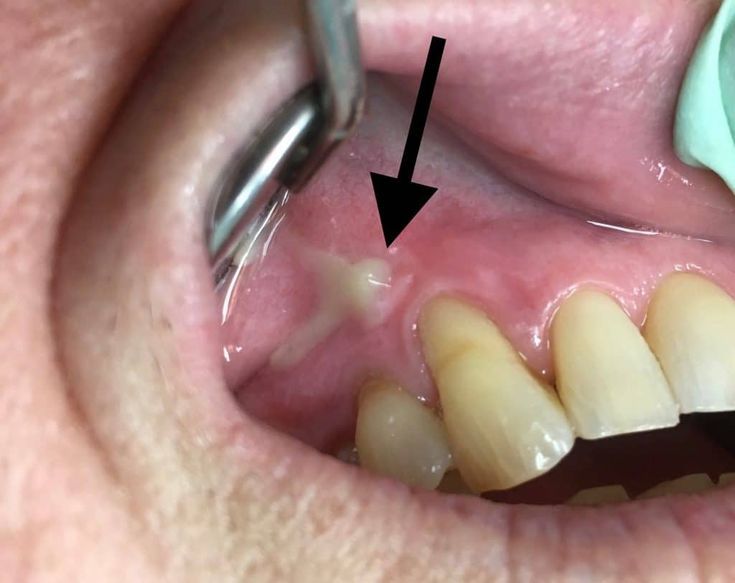
Ignoring a fractured tooth can lead to a myriad of problems, some of which might surprise you.
Increased Risk of Infection
Cracks in your tooth allow bacteria to enter, leading to infections and abscesses that can cause severe pain and swelling.
Tooth Decay
A fractured tooth is more susceptible to decay. The cracks provide an entry point for bacteria, accelerating the decay process and potentially spreading to adjacent teeth.
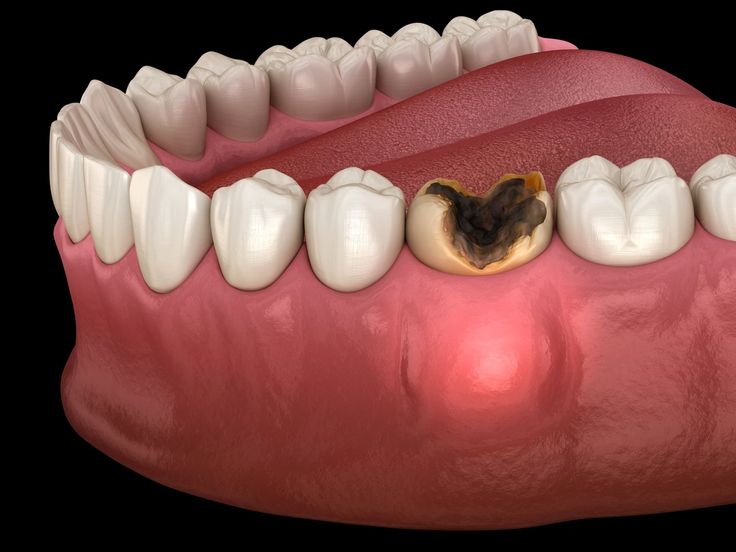
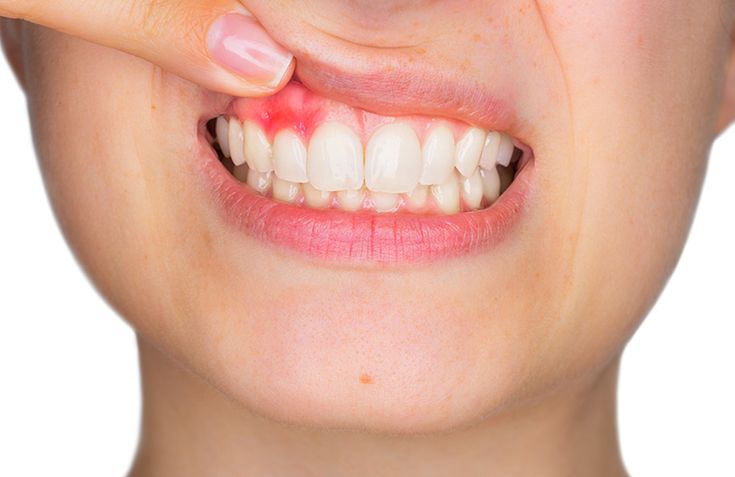
Gum Disease
The infection from a fractured tooth can spread to your gums, causing inflammation and periodontitis, which can eventually lead to bone loss around the teeth.
Tooth Loss
As the fracture deepens, it compromises the structural integrity of the tooth, possibly leading to tooth loss. Extraction may become necessary to prevent further complications.


Jaw Pain and Headaches
Misalignment caused by a fractured tooth can lead to jaw pain and chronic headaches, affecting your daily life.
Compromised Eating and Nutrition
Pain and sensitivity might make chewing difficult, leading to poor nutrition and related health issues.


Bad Breath
Bacteria build-up in the cracks can cause persistent bad breath, a condition known as halitosis.
Speech Issues
A fractured tooth can alter your pronunciation, leading to communication problems.


Increased Dental Costs
Ignoring a fractured tooth can result in the need for more extensive and expensive treatments down the line, including root canals and implants.
Aesthetic Concerns
Visible cracks and damage can affect your smile and self-esteem, making you self-conscious about your appearance.
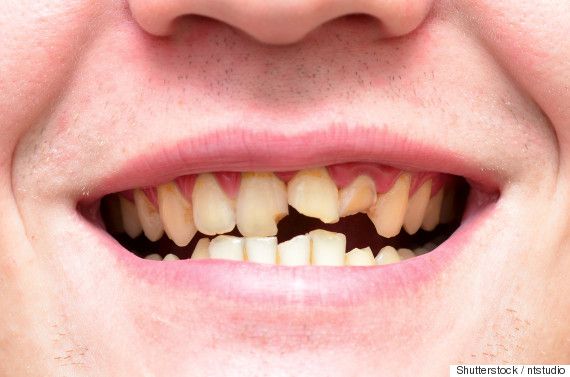
To prevent fractures, consider these tips:
Regular Dental Check-Ups: Regular visits to your dentist can help catch and treat problems early.
Protective Gear for Sports: Wearing mouthguards during sports can prevent trauma to your teeth.
Avoiding Hard Foods: Stay away from hard foods that can crack your teeth, like ice or hard candies.
Good Oral Hygiene Practices: Brushing and flossing regularly can help maintain strong, healthy teeth.

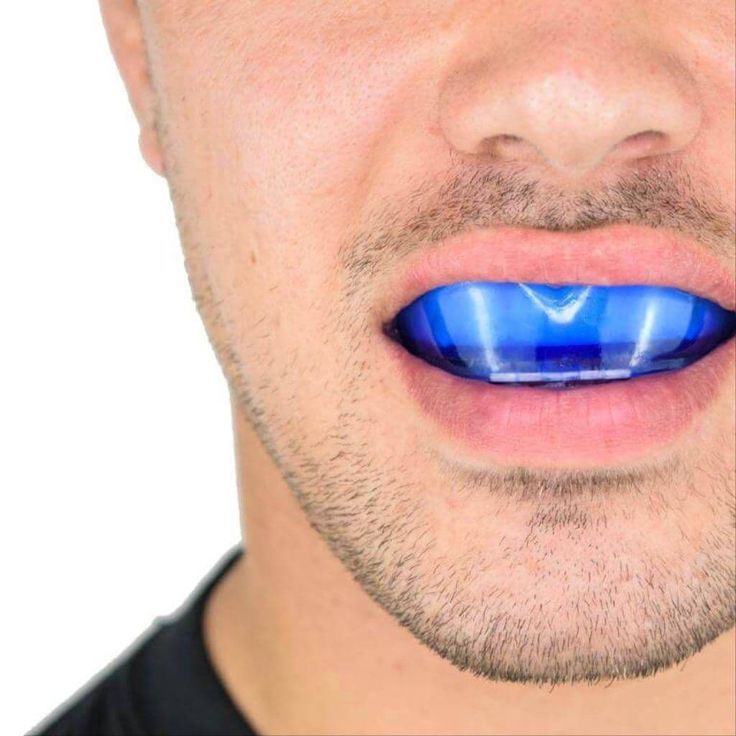


Treatment Options for Fractured Teeth
If you do experience a fractured tooth, several treatments are available depending on the severity of the fracture.
Dental Bonding-A resin is used to fill small cracks and restore the tooth’s appearance and function.
Crowns-A crown can cover and protect a fractured tooth, restoring its strength and appearance.
Root Canal-If the fracture has reached the pulp, a root canal may be necessary to remove the damaged tissue and save the tooth.
Dental Implants-In cases where the tooth cannot be saved, an implant can replace the missing tooth, restoring both function and aesthetics.

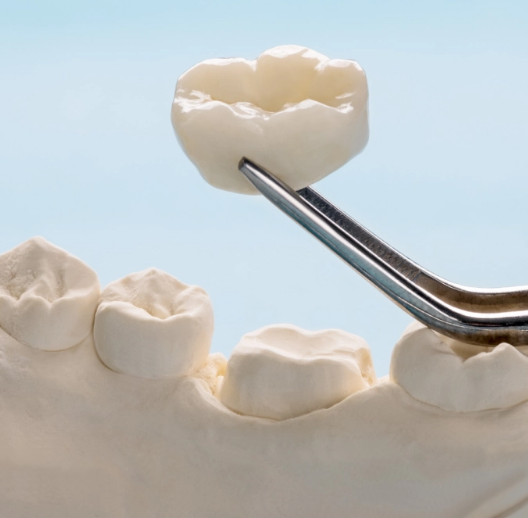
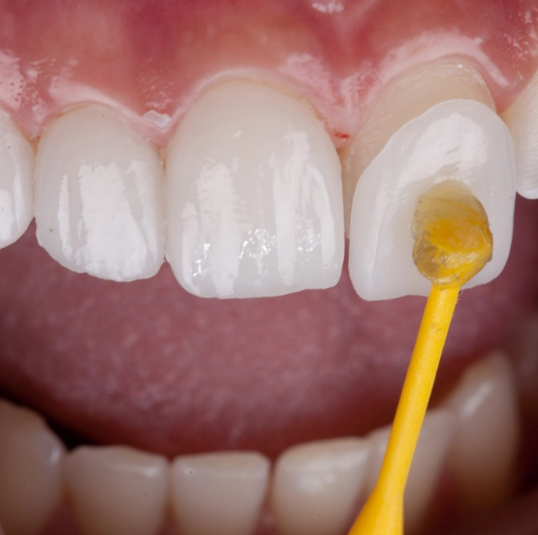
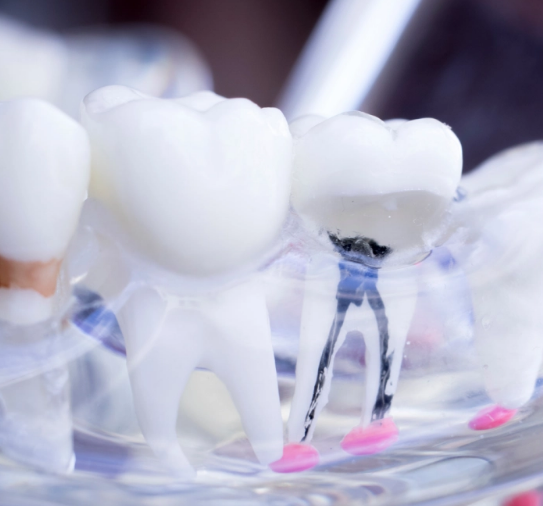

Ignoring a fractured tooth can lead to numerous hidden dangers, from infections and tooth decay to jaw pain and increased dental costs. It’s crucial to address any signs of a fracture promptly by visiting your dentist. By doing so, you can prevent more severe health issues and maintain your beautiful smile.
What are the early signs of a fractured tooth?
Early signs include sharp pain when biting, sensitivity to temperature changes, and visible cracks on the tooth.
Can a fractured tooth heal on its own?
No, a fractured tooth cannot heal on its own and requires professional dental treatment to prevent further damage.
How much does it cost to fix a fractured tooth?
The cost varies depending on the type of treatment needed, ranging from a few hundred dollars for bonding to several thousand for implants.
Is a fractured tooth a dental emergency?
Yes, if you experience severe pain, swelling, or signs of infection, it should be treated as an emergency.
Can I prevent tooth fractures?
Yes, by maintaining good oral hygiene, avoiding hard foods, and wearing protective gear during sports, you can reduce the risk of fractures.
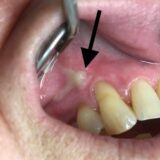
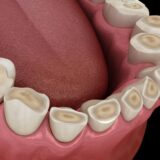

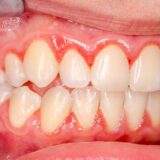
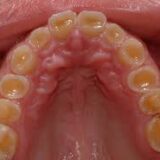
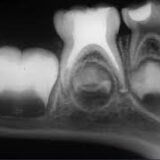
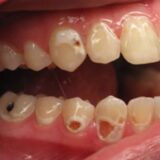
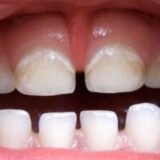
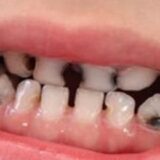
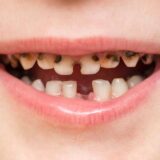
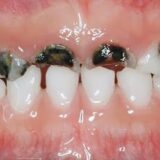

Outline
Introduction
What is a Fractured Tooth?
Types of Tooth Fractures
Immediate Symptoms of a Fractured Tooth
Hidden Dangers of Ignoring Fractured Teeth
Preventative Measures
Treatment Options for Fractured Teeth
Conclusion
FAQs

Dental health is often overlooked until we experience pain or discomfort, but this approach can lead to significant problems, especially when it comes to fractured teeth. You might think a small crack in your tooth is nothing to worry about, but ignoring it can have serious consequences. In this article, we’ll uncover the hidden dangers of ignoring fractured teeth and why it’s essential to address them promptly.
A fractured tooth is a crack or break in the hard shell of your tooth. It can result from various causes such as biting down on hard foods, trauma to the mouth, grinding your teeth at night, or even a weakened tooth structure due to cavities.
Understanding the type of fracture is crucial in determining the severity and necessary treatment.

Craze Lines-These are tiny cracks that appear on the outer enamel of the tooth. They are superficial and typically don’t cause pain or require treatment.
Fractured Cusp-This occurs when a piece of the chewing surface of the tooth breaks off. It usually affects fillings and doesn’t extend to the pulp.
Cracked Tooth-A crack that extends from the chewing surface of the tooth vertically towards the root. If untreated, the crack can spread further.
Split Tooth-This is a severe form of a cracked tooth where the tooth splits into two separate parts. Treatment often involves extraction.
Vertical Root Fracture-A crack that starts in the root and extends towards the chewing surface. These fractures can be painful and often require extraction.

If you’ve fractured a tooth, you might experience:
Pain and Sensitivity
Sharp pain when chewing or sensitivity to hot and cold temperatures.
Swelling and Inflammation
Swelling around the affected tooth can indicate an underlying issue.

Ignoring a fractured tooth can lead to a myriad of problems, some of which might surprise you.
Increased Risk of Infection
Cracks in your tooth allow bacteria to enter, leading to infections and abscesses that can cause severe pain and swelling.
Tooth Decay
A fractured tooth is more susceptible to decay. The cracks provide an entry point for bacteria, accelerating the decay process and potentially spreading to adjacent teeth.


Gum Disease
The infection from a fractured tooth can spread to your gums, causing inflammation and periodontitis, which can eventually lead to bone loss around the teeth.
Tooth Loss
As the fracture deepens, it compromises the structural integrity of the tooth, possibly leading to tooth loss. Extraction may become necessary to prevent further complications.


Jaw Pain and Headaches
Misalignment caused by a fractured tooth can lead to jaw pain and chronic headaches, affecting your daily life.
Compromised Eating and Nutrition
Pain and sensitivity might make chewing difficult, leading to poor nutrition and related health issues.


Bad Breath
Bacteria build-up in the cracks can cause persistent bad breath, a condition known as halitosis.
Speech Issues
A fractured tooth can alter your pronunciation, leading to communication problems.


Increased Dental Costs
Ignoring a fractured tooth can result in the need for more extensive and expensive treatments down the line, including root canals and implants.
Aesthetic Concerns
Visible cracks and damage can affect your smile and self-esteem, making you self-conscious about your appearance.

To prevent fractures, consider these tips:
Regular Dental Check-Ups: Regular visits to your dentist can help catch and treat problems early.
Protective Gear for Sports: Wearing mouthguards during sports can prevent trauma to your teeth.
Avoiding Hard Foods: Stay away from hard foods that can crack your teeth, like ice or hard candies.
Good Oral Hygiene Practices: Brushing and flossing regularly can help maintain strong, healthy teeth.




Treatment Options for Fractured Teeth
If you do experience a fractured tooth, several treatments are available depending on the severity of the fracture.
Dental Bonding-A resin is used to fill small cracks and restore the tooth’s appearance and function.
Crowns-A crown can cover and protect a fractured tooth, restoring its strength and appearance.
Root Canal-If the fracture has reached the pulp, a root canal may be necessary to remove the damaged tissue and save the tooth.
Dental Implants-In cases where the tooth cannot be saved, an implant can replace the missing tooth, restoring both function and aesthetics.





Ignoring a fractured tooth can lead to numerous hidden dangers, from infections and tooth decay to jaw pain and increased dental costs. It’s crucial to address any signs of a fracture promptly by visiting your dentist. By doing so, you can prevent more severe health issues and maintain your beautiful smile.
What are the early signs of a fractured tooth?
Early signs include sharp pain when biting, sensitivity to temperature changes, and visible cracks on the tooth.
Can a fractured tooth heal on its own?
No, a fractured tooth cannot heal on its own and requires professional dental treatment to prevent further damage.
How much does it cost to fix a fractured tooth?
The cost varies depending on the type of treatment needed, ranging from a few hundred dollars for bonding to several thousand for implants.
Is a fractured tooth a dental emergency?
Yes, if you experience severe pain, swelling, or signs of infection, it should be treated as an emergency.
Can I prevent tooth fractures?
Yes, by maintaining good oral hygiene, avoiding hard foods, and wearing protective gear during sports, you can reduce the risk of fractures.












